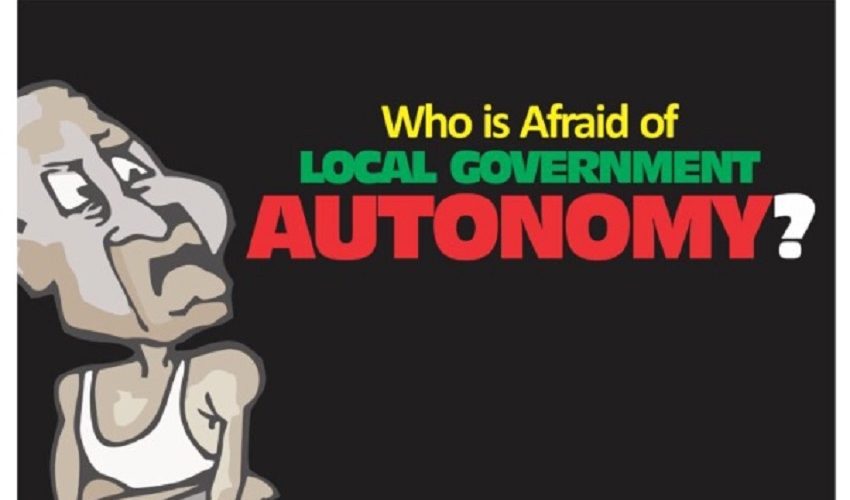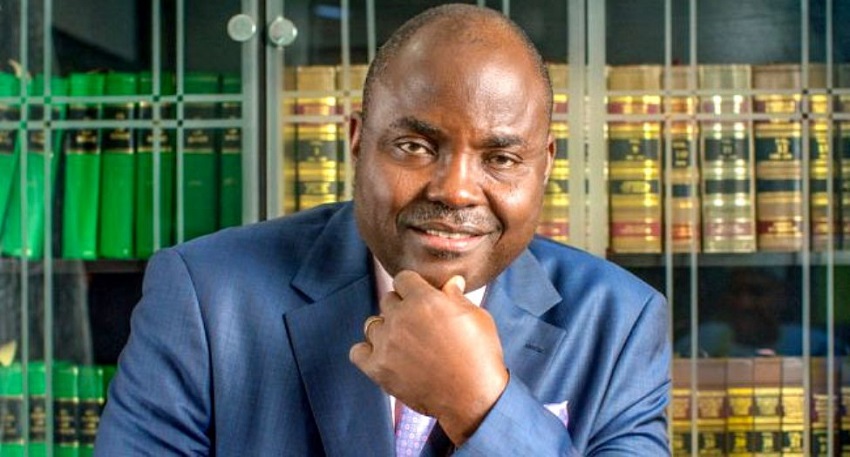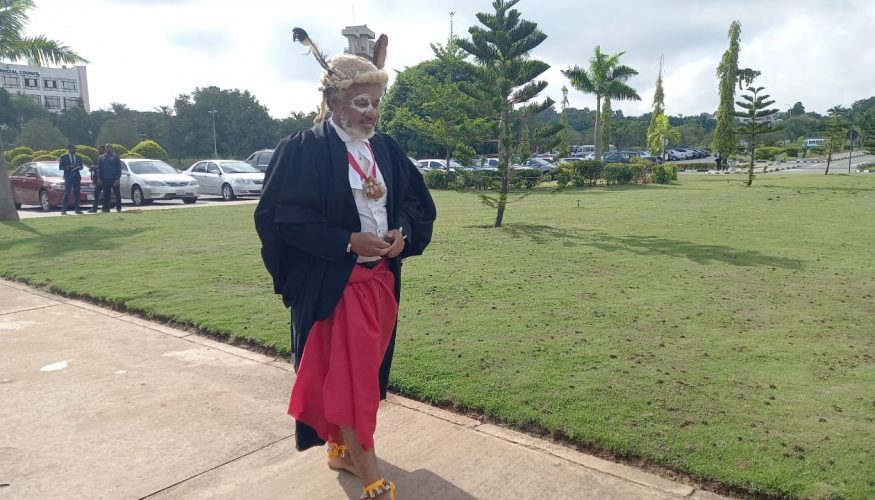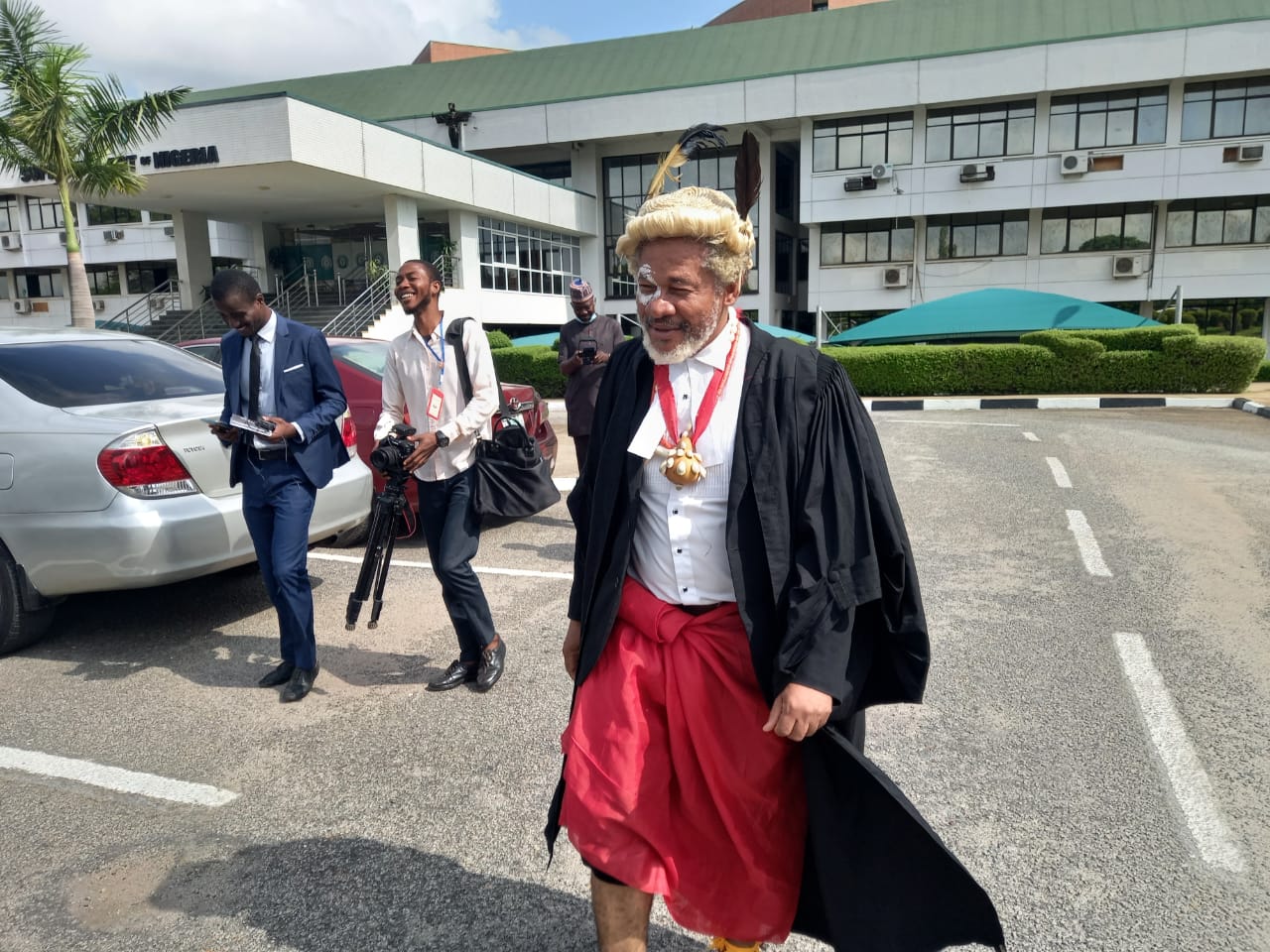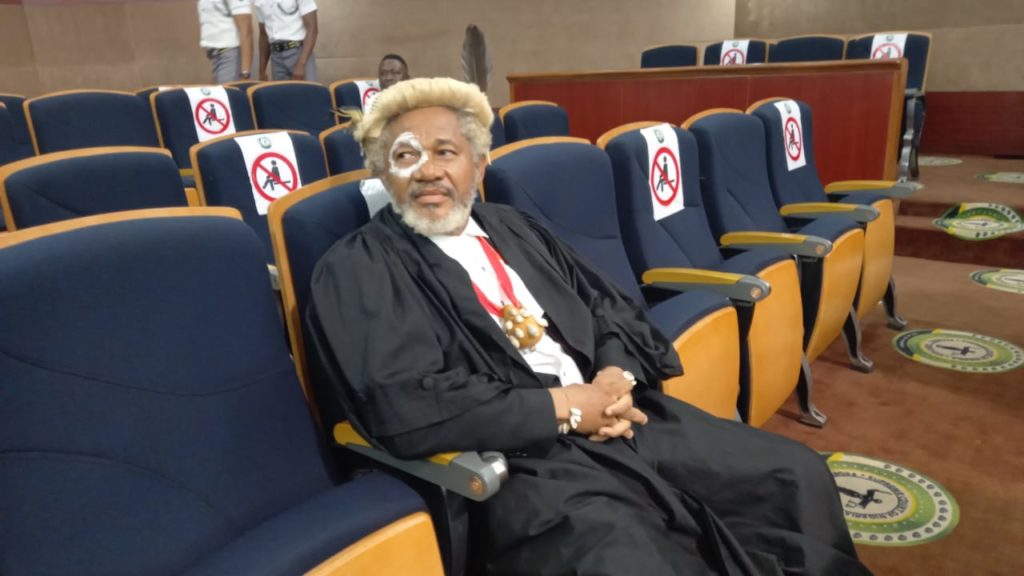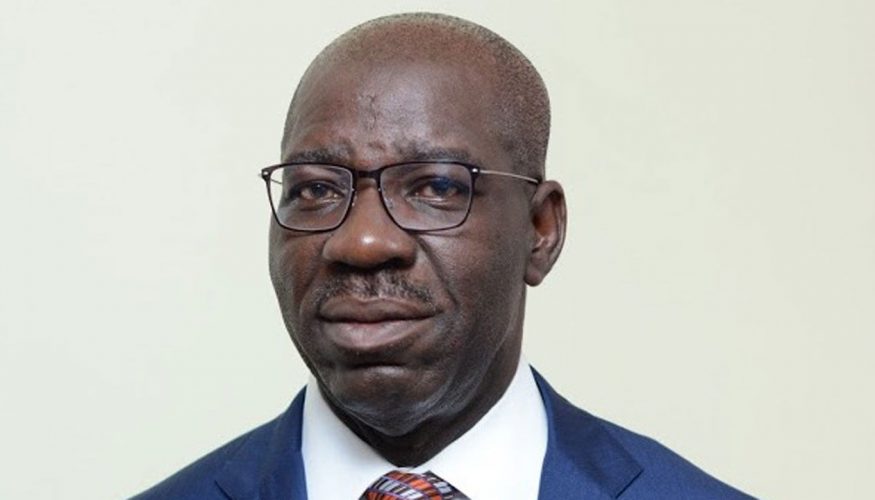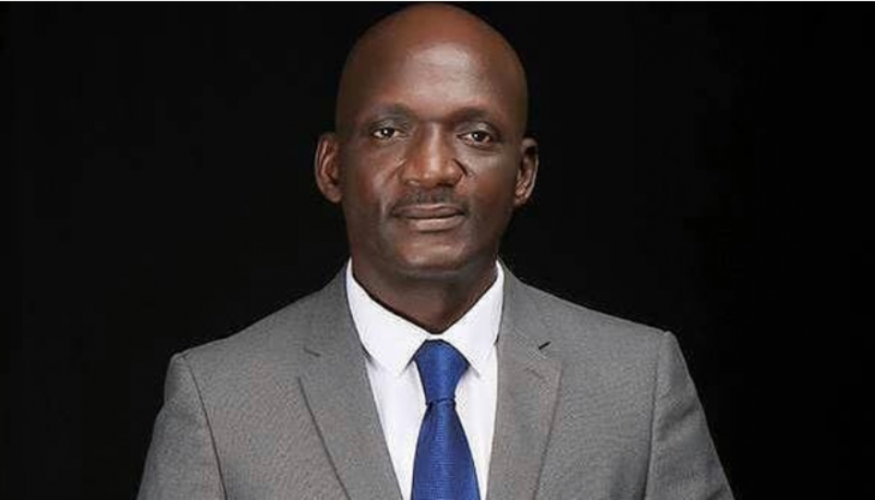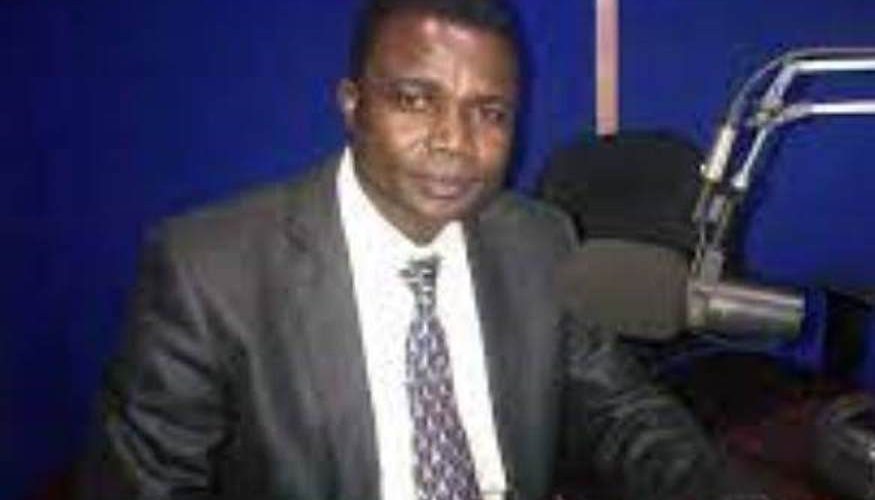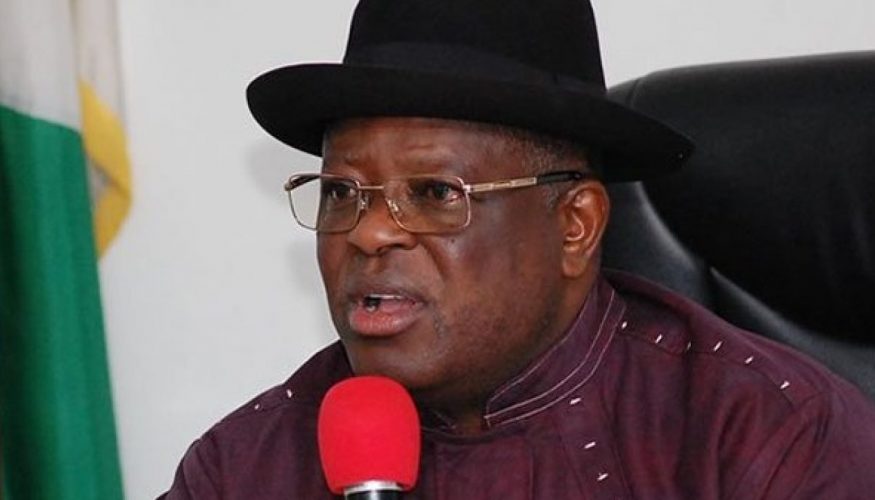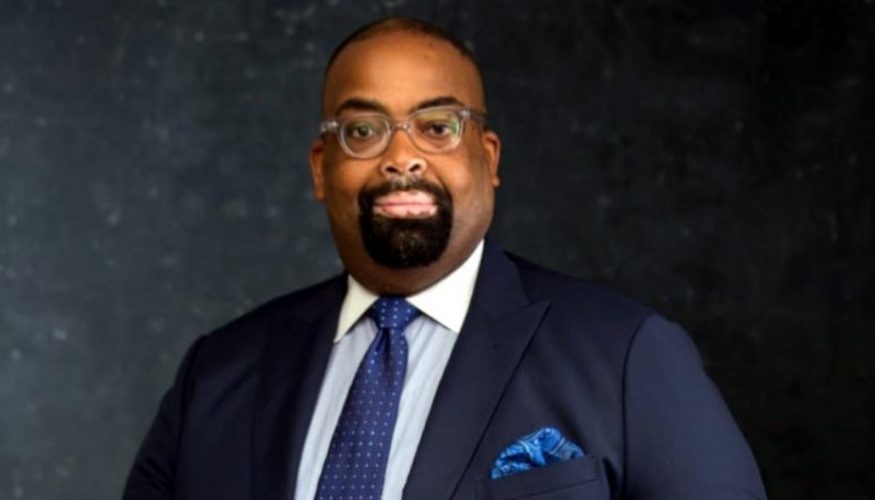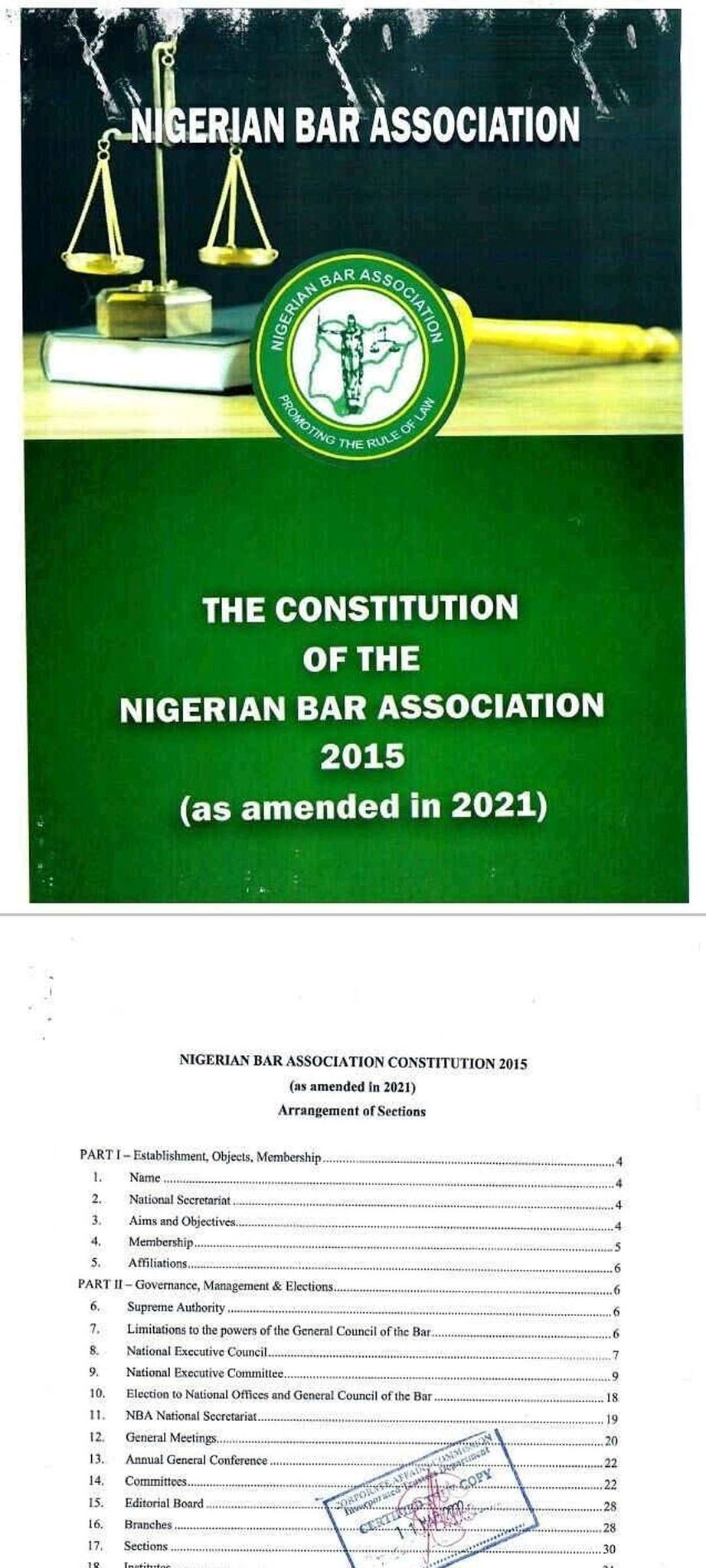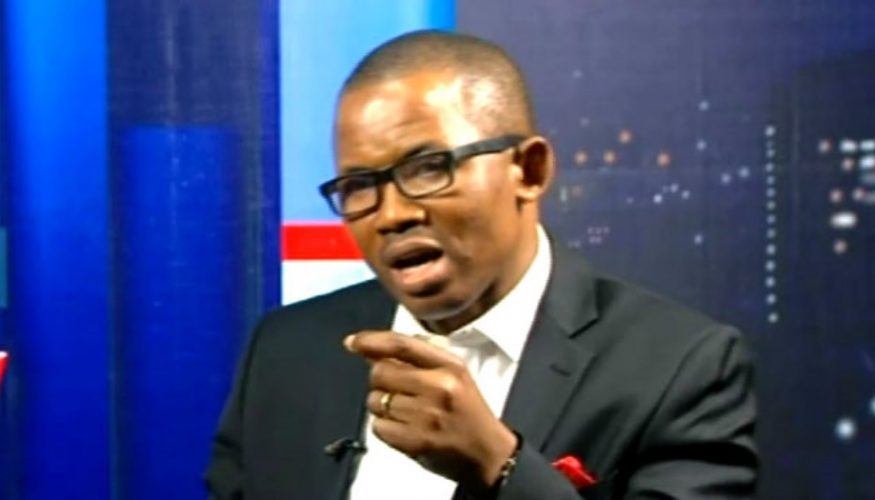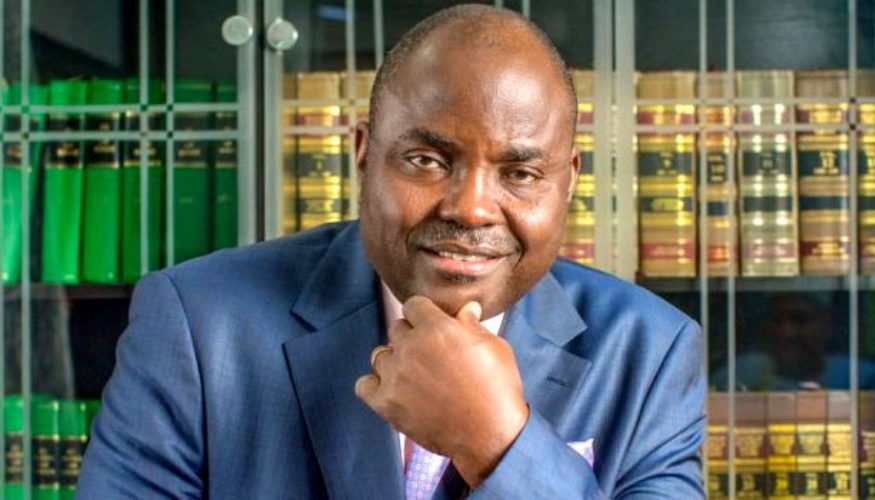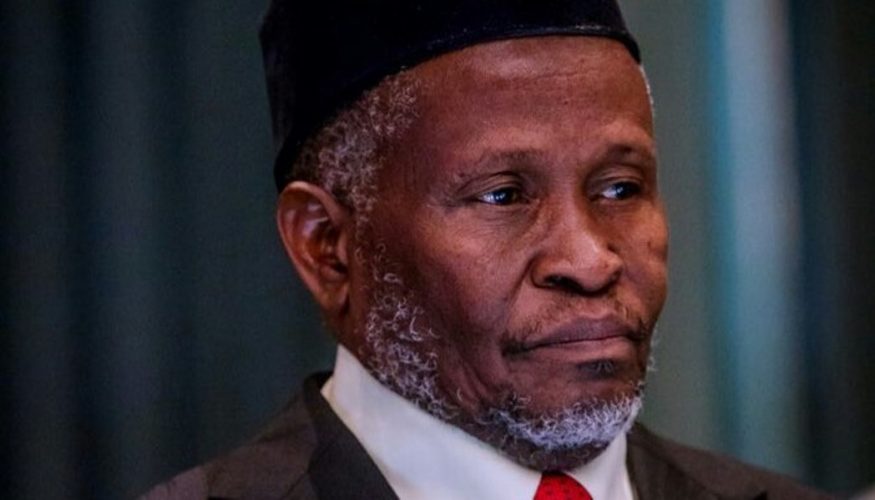In this article by DR. KAYODE AJULO, he x-rays Section 29(5) and Section 84(14) of the Electoral Act, 2022 and argues that limiting the persons who can challenge the submission of false information to INEC to only an Aspirant who participated in the primary election amounts to giving a carte blanche to political parties to indulge in impunity and continued violation of the Constitution to the detriment of electorate
LIMITATION OF LOCUS STANDI OF PERSONS WHO CAN CHALLENGE QUALIFICATION OF A CANDIDATE TO ONLY AN ASPIRANT BY SECTION 29(5) OF THE ELECTORAL ACT IS AN ABERRATION AND INIMICAL TO EFFECTIVE DEMOCRATIC GOVERNANCE.
Introduction
It is no more news that President Muhammadu Buhari on Friday, 25th February, 2022 signed the Electoral Act, 2022 into law. It suffices to recall that the said Bill was signed into law after it has suffered protracted delay and setbacks both from the Presidency and the National Assembly, particularly on the provision of the Bill which relates to mandatory direct primaries.
While commending the drafters of the Act for the wealth of industry and Mr. President for leaving behind a great legacy in our electoral process, it is pertinent to draw attention to the provision of Section 29(5) of the Act which limits the power to challenge the Constitutional qualification of a candidate for an election to only an Aspirant.
Exclusive right of a Political Party to field in candidate of its choice
Before delving into the probity or otherwise of Section 29(5) of the Electoral Act, 2022, it is pertinent to state as a prefatory that the choice of candidates by political parties for elective office being a political issue is governed by the rules, guidelines and constitution of the political party concerned and is a matter of internal affairs of the political party concerned. It is not to be questioned before any Court as it is non-justiciable. See the case of DALHATU V. TURAKI (2003) 15 NWLR (PT 843)
Furthermore, as a legal proposition, no member of a political patty has the locus standi to question the party’s prerogative right on the issue of its choice of candidates for elective office not even in the face of breaching of its rules and regulations.
The Supreme Court in the case of PDP & ORS v. EZEONWUKA & ANOR (2017) LPELR-42563(SC) held as follows:
“I dare say, The redress available to such a member who is aggrieved and who has suffered any damage as a result of refusing him nomination and sponsorship lies in damages against the political party and subject to the provision of the party constitution, rules and regulations.”
Redress available under the Electoral Act
However, the Electoral Act has made provision for instances where persons can challenge the qualification of a candidate fielded for election by a political party on the one hand and the failure of the political party to comply with its Constitution, guidelines and the provision of the Electoral Act in the conduct of primary election.
This rights were conferred by the provision of Section 31(5) and Section 87(9) of the Electoral Act, 2010 (as amended) both on “any person” in the first instance and on an “Aspirant” in the second instance.
The rationale for ensuring rights of redress and access to court have been given judicial imprimatur by the Supreme Court.
In the case of Ugwu v. Ararume (2007) FWLR (Pt.1048) 367 at 449 Noki-Tobi, J.S.C held that
“…It is certainly not the intention of the Act (Electoral Act of 2006) to gamble with an important aspect of the electoral process, such as primaries in the hands of a political party to dictate the pace in any way it likes, without any corresponding exercise of due process on the part of the aggrieved person.”
Similarly, at page 461 of the judgment Oguntade, J.S.C held as follows:
An observer of the Nigerian political scene today easily discovers that the failure of the parties to ensure intra-party democracy and live by the provisions of their Constitutions as to the emergence of candidates for elections is one of the major causes of the serious problems hindering the enthronement of a representative government in the country.
What does Section 29(5) of the Electoral Act, 2022 provide?
Section 29(5) of the Electoral Act provides as follows:
“Any Aspirant who participated in the primaries of his political party who has reasonable grounds to believe that any information given by his political party’s candidate in the affidavit or any document submitted by that candidate in relation to his constitutional requirements to contest the election is false, may file a suit at the Federal High Court against that candidate seeking that the information contained in the affidavit is false.”
A bird view of the above provision and a literal interpretation of the above section is to the effect that only an Aspirant who participated in the primaries of his political party and who has reasonable grounds to believe that a candidate of his political party submitted false information to INEC can challenge same.
Who is an Aspirant?
An aspirant is a person with a strong desire to achieve a position of importance or to win a competition. In the case of PDP & ANOR V. SYLVA & ORS (2012) LPELR-7814(SC) defined an Aspirant as follows:
An aspirant is a person with a strong desire to achieve a position of importance or to win a competition.
Indeed Section 87 (1) of the Electoral Act States that: “A political party seeking to nominate candidates for elections under this Act shall hold primaries for aspirants to all elective posts.”
From the above it is clear that an aspirant is aperson who contested the primaries. An aspirant is thus a candidate in the primaries.
Hence by parity of interpretation, it is only a person who contested at the primary election of a political party that can challenge the qualification of a candidate to contest election.
It therefore implies that by virtue of the provision of Section 29(5) of the Electoral Act, 2022, a concerned citizen, member of an opposition party, Non-Governmental Organization can no longer challenge the qualification of a candidate to contest election.
Comparison of Section 31(5) of the Electoral Act, 2015 and Section 29(5) of the Electoral Act, 2022.
In proffering argument in support of the limitation placed by Section 29(5) of the Electoral Act, 2015, it is imperative to consider a similar provision of Section 31(5) of the Electoral Act, 2015.
Section 31(5) provides as follows:
Any person who has reasonable grounds to believe that any information given by a candidate in the affidavit or any document submitted by that candidate is false may file a suit at the Federal High Court, High Court of a State or FCT against such person seeking a declaration that the information contained in the affidavit is false.
This provision of the Act has been adjudicated upon and interpreted by the tiers of Court, particularly the Supreme Court of Nigeria. In the case of LAWRENCE V. PDP & ORS(2017) LPELR-42610(SC) held as follows:
The operative words in Section 31(5) of the Electoral Act therefore are, a person”. The determination is a matter of interpretation.
I seek to state that in the interpretation of statutes, the law is trite and well entrenched that where the legislative words are clear and unambiguous, the Court must interpret and apply the words in their plain and ordinary meaning. This Court has held in a long line of cases that, it is not for the Court to re-draft a statute especially where the wordings are devoid of ambiguity or confusion. See Kotoye v. Saraki (1994) 7 NWLR (Pt.357) page 414…For all intents and purposes, the use of the words, a person” presupposes any person. It is also open ended to all and at the same time inclusive of all and without restriction or exclusion. The fact that one is a member of a particular political party or not, is of no relevance but is all embracing.
See also the case of PDP V. INEC & ORS (2014) LPELR-23808(SC).
It is opined that limiting the persons who can challenge the submission of false information to INEC under the provision of Section 66(i) of the 1999 Constitution and other relevant sections to only an Aspirant who participated in the primary election as done under Section 29(5) of the Electoral Act, 2022 amounts to giving a carte blanche to political parties to indulge in impunity and continued violation of the provisions of the Constitution to the detriment of electorates and the Nigerian Citizens.
The Supreme Court while berating such acts of impunity in the case of SALEH V. ABAH & ORS held as follows:
“The culture of impunity exhibited by the 1st and 3rd Defendants continued unabated with 2nd Defendant, INEC declaring 3rd Defendant not only eligible but the winner of the said general elections 2015 (sic) and returned him unopposed as the Honorable member for the said Federal constituency on the platform of 1st Defendant, PDP, as other registered Political parties fielded no candidates at the general election 2015. The era of political parties presenting candidates holding public offices at Local, State and National levels with forged certificates which still persists in the polity needs to be addressed urgently by relevant law enforcement agencies and other stakeholders (and we add-including Courts) in this nascent democracy (Emphasis ours).”
The Apex Court further held as follows:
This Court must take the lead, in righting the wrongs in our society, if and when the opportunity presents itself as in this appeal. Allowing criminality and certificate forgery to continue to percolate into the streams, waters and oceans of our national polity would only mean our waters are and will remain dangerously contaminated. The purification efforts must start now, and be sustained as we seek, as a nation, to now ‘change’ from our old culture of reckless impunity.
The Nigerian Constitution is supreme. It desires that no one who had ever presented forged certificate to INEC should contest election into Nigeria’s National Assembly. This is clear and sacrosanct…
More compelling as a judicial determination had been taken by no less a technical panel sitting in, at least, a panel of three judges as Election Tribunal with constitutional mandate to determine such issues as they relate to elections and its outcomes, including eligibility. This has also been affirmed by the trial Court in this appeal. On these issues, our duty is to apply the Constitution and the law in its start, original form undiluted by colourated interpretations.
Flowing from the above, disempowering concerned citizens who has no political interest from challenging the qualification of a candidate who presented false information or forged certificate to INEC will only allow criminality and certificate forgery to continue to percolate into the streams, waters and oceans of our national polity and would only mean our waters are and will remain dangerously contaminated.
Presentation of false information or forged Certificate to INEC is a violation of the provisions of the Constitution and any person who believes that there is a violation of the Constitution ought to be allowed to approach the court to seek redress.
On this point, it is also imperative to draw attention to some salient questions:
a. What happens where there is only one Aspirant or where there is a consensus candidate and same has presented a forged certificate or false information to INEC?
b. What happens where an Aspirant has been bought over by the political party or its candidate?
It is also pertinent to add for the enlightenment of the unlearned that INEC cannot unilaterally disqualify a candidate from participating in an election even if same is aware of any anomaly perpetrated by the candidate or his political party.
It is therefore opined that the National Assembly must forthwith amend the provision of Section 29(5) of the Electoral Act to allow any person who believes that a candidate has submitted false information or forged certificate to INEC to approach the Court to seek a declaration of same.
On Limiting jurisdiction to challenge the qualification of a candidate and conduct of primary election to only the Federal High Court.
A careful perusal of Section 29(5) and Section 84(14) of the New Electoral Act clearly shows that the only court with jurisdiction to entertain any pre-election matter and any suit challenging presentation of false information to INEC is the Federal High Court.
The implication of the above is that the Federal High Court is spooked with a lot of pre-election matters.
One must not forget that there are other civil and criminal cases pending before the Court.
One therefore tend to wonder what befalls these other cases during pre-election period, particularly considering the limited number of judges and the fact that all pre-election matter must be concluded within a period of 180 days from the date of filing.
The Supreme Court in the case of LAU V. PDP & ORS (2017) LPELR-42800(SC) while commending the drafters of the Electoral Act, 2010(as amended) for making more courts available for Aspirants held as follows:
“Obviously, the law is not static, particularly in election matters, and what the lawmakers have done with the enactment of Section 87(9) of the Electoral Act, is to make more Courts available to aspirants, who complain that provisions of the Electoral Act and Guidelines of a Political Party, has not been complied with in nominating candidates. To insist on the narrow and limited jurisdiction exclusive to the Federal High Court under Section 251 (1) (q) (r) and {s) of the 1999 Constitution when it comes to election and election related matters, is to close the doors that was opened to such dissatisfied aspirants to seek redress in the other High Courts other than Federal High Court. This I will not do; and this issue is resolved in favour of the Appellant.”
As could be gleaned from the decision of the Apex Court, limiting the court with jurisdiction to challenge the qualification of a candidate and non-compliance with the provisions of the Electoral Act and guidelines of a political party as done in Section 29(5) and Section 84(14) of the Electoral Act, 2022 will clog the wheel of progress of politics in Nigeria, considering the large number of cases in the dockets of the Federal High Court and the limited number of Federal High Court judges.
Conclusion
On the backdrop of the above arguments and salient judicial authorities cited, it is therefore opined that to ensure free and fair election and sustenance of good governance in our polity, concerned members of the society, civil society organizations, members of the opposition party must be able to challenge the qualification of a candidate who has presented false information or forged certificate to INEC.
Similarly, the High Court of the States and the FCT should be donated with jurisdiction to entertain pre-election matters as same is time bound and requires expedite adjudication.
Ajulo, a Fellow of the Chartered Institute of Arbitrators (UK), is the Managing Partner at Castle of Law, Nigeria.
Copyright 2020 CITY LAWYER. Please send emails to citylawyermag@gmail.com. Join us on Facebook at https://web.facebook.com/City-Lawyer-Magazine-434937936684320 and on TWITTER at https://twitter.com/CityLawyerMag All materials available on this Website are protected by copyright, trade mark and other proprietary and intellectual property laws. You may not use any of our intellectual property rights without our express written consent or attribution to www.citylawyermag.com. However, you are permitted to print or save to your individual PC, tablet or storage extracts from this Website for your own personal non-commercial use. The views expressed in this article are entirely those of the author and do not necessarily reflect
CITY LAWYER cannot guarantee the completeness, accuracy of the data and content of the website, nor that it is up to date at all times. CITY LAWYER accepts no liability for any direct or indirect damage of any kind whatsoever that arises from, or is in any way related to the use of the website or its accessibility or lack thereof. The assertions and opinions expressed in articles, announcements and/or news on this website reflect the views of the author(s) and do not (necessarily) reflect the views of the webmaster, the internet provider or CITY LAWYER. CITY LAWYER can in no way whatsoever be held responsible for the content of such views nor can it be held liable for any direct or indirect damage that may arise from such views. CITY LAWYER neither guarantees nor supports any product or service mentioned on this website, nor does it warrant any assertions made by the manufacturers or promoters of such products or services. Users of this website are always recommended to obtain independent information and/or to perform independent research before using the information acquired via this website.
